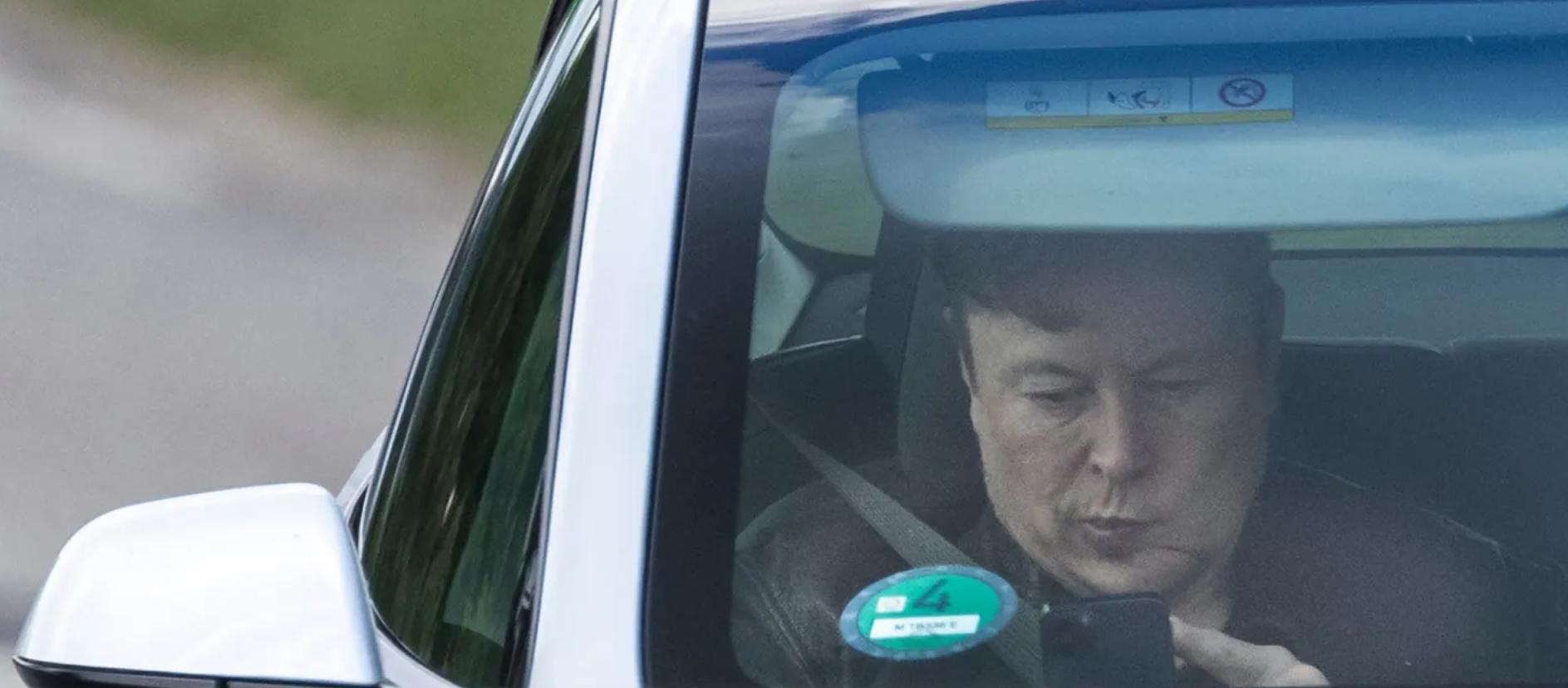Tesla -Chef Elon Musk kündigte kürzlich an , sein politisches Engagement zu reduzieren, um sich nach einer turbulenten Zeit wieder auf die Elektroautomarke zu konzentrieren . In einer Telefonkonferenz am Dienstag versicherte Musk den Investoren, dass sein Engagement im US-Ministerium für Regierungseffizienz ab Mai „deutlich zurückgehen“ werde, nachdem Tesla im ersten Quartal die schlechtesten Umsätze verzeichnet hatte, darunter ein Rückgang von 71 % im Vergleich zum Vorjahr .
Branchenexperten sind jedoch skeptisch. Dan Ives von Wedbush Securities, der Tesla normalerweise optimistisch bewertet, warnte, Musks Rückkehr könne nicht ausreichen, um den in den letzten Monaten insbesondere in den USA und Europa entstandenen „Markenschaden“ zu reparieren. Einige Analysten, wie Gordon Johnson von GLJ Research, argumentieren, der Schaden sei „zu 100 Prozent irreversibel“.
Die Schwäche der Marke Tesla ist ein großes Problem für die Elektrofahrzeugbranche. Obwohl Teslas Marktanteil im US-Markt von 80 % im Jahr 2019 auf rund 45 % Anfang 2024 gesunken ist, bleibt das Unternehmen ein wichtiger Akteur. Analysten befürchten, dass Teslas Rückgang, verstärkt durch handelspolitische Unsicherheiten, die allgemeine Akzeptanz von Elektrofahrzeugen verlangsamen könnte.
Dennoch bleibt die weltweite Nachfrage nach Elektrofahrzeugen robust. Reuters meldete im März einen Anstieg der Elektrofahrzeugverkäufe um 29 % im Vergleich zum Vorjahr. Neue Anbieter wie BYD in Australien und starke Angebote von Hyundai und Kia bieten den Verbrauchern zudem mehr Alternativen.
Trotz Teslas Schwierigkeiten wächst der Elektroautomarkt – und niedrigere Preise für gebrauchte Teslas bieten neuen Käufern Chancen. Plattformen wie Recurrent helfen dabei, Käufer und Verkäufer von Elektroautos zusammenzubringen und sorgen dafür, dass der Übergang zu saubereren Verkehrsmitteln auch inmitten der Markenturbulenzen weitergeht.
Weitere Blogs und Neuigkeiten zu Tesla und Musk finden Sie auf der offiziellen Website von EVDANCE.
Empfohlene Lektüre: Elon Musks späte Reaktion auf Trumps Big Beautiful Bill bedeutet Ärger für Tesla








Aktie:
Tesla-Markentreue sinkt: Inzahlungnahmen steigen im März um 250 %, da sich Amerikaner von Elon Musk abwenden
Die 10 meistverkauften Elektroautos des Jahres 2025: Tesla weiterhin führend, die Konkurrenz wächst